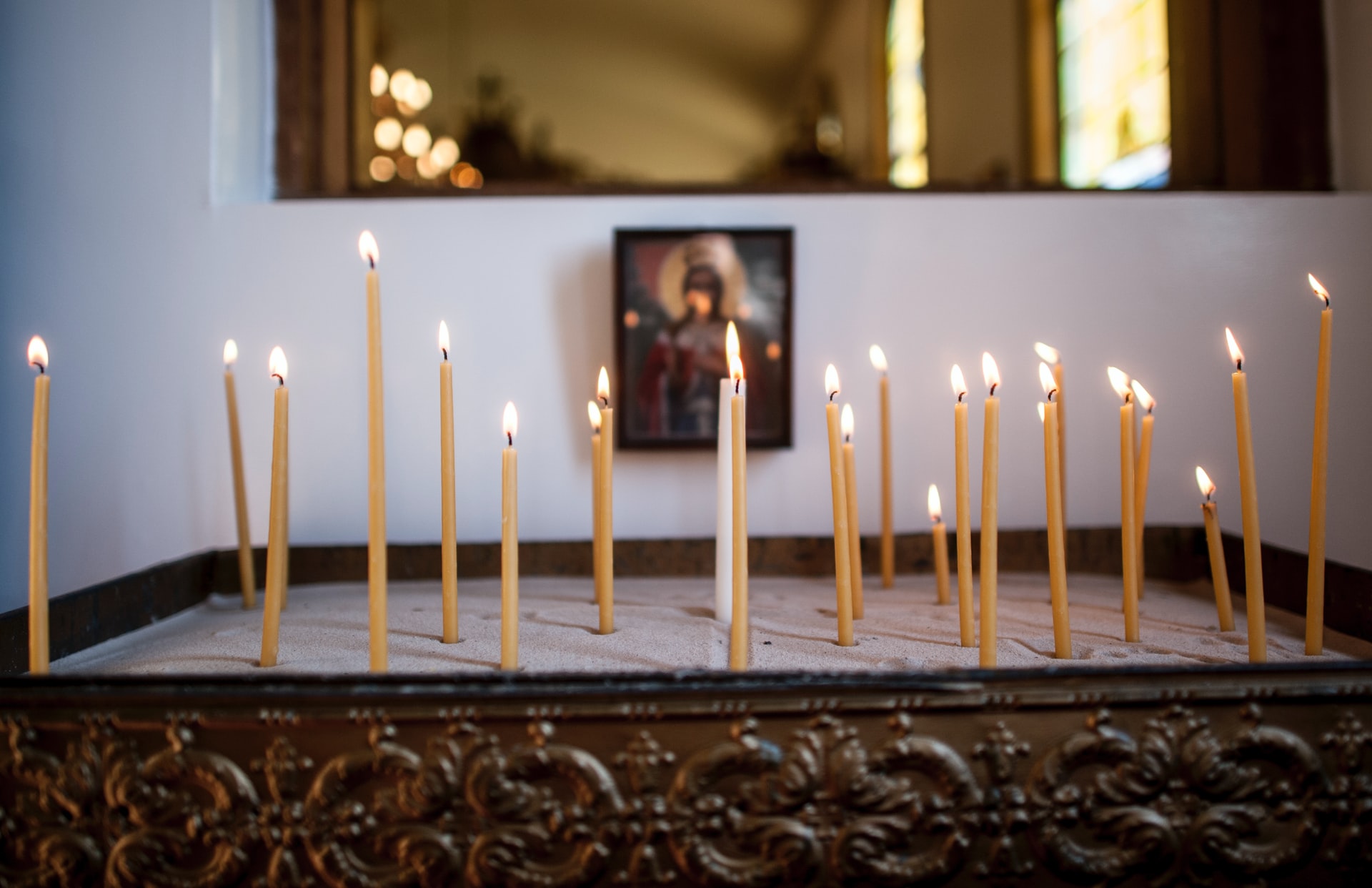For some social scientists, religion is considered to be a private matter – its beliefs and institutions operate in the private world, separate from the public realm of wider society. Others contest that dichotomy, writing about the role religion plays in global society. In this article, Fr Ryan Service joins the debate from a unique perspective. Speaking from within the Roman Catholic tradition, Service writes how this dichotomy is challenged though Christian belief and teachings.

In Christian preaching the world is pronounced upon almost more than God’s name. This becomes problematic where there is an act of self-distancing between subject and object, leaving the world completely othered. Here I navigate the complex relationship between Christianity and society to argue that Christian belief in the incarnation of God challenges a church/world dichotomy.
How complex is complexity?
Merely stating that the world is complex and that the church is embedded in a web of complexity is not especially convincing. Observing the emergence of complexity within social sciences, though, brings the discussion to the church door to ask how ecclesial communities might better articulate and attend to the processes within which they are immersed.
A system is understood to be complex within itself and in relationship with other systems. As Cudworth and Hobden outline, systems “[r]ather than simply impacting on one another (as implied by a hierarchical model of system)…have complex reactions to relations with other systems”.
Perhaps the example most immediate to us is the human being. When focusing on a particular aspect such as diet, mind, or language, the analysis of that detail “will always exclude the others”. Yet, a human is never “neatly separate…from the environment” and where “we draw the line between the environment and the system [human being] would be a matter of choice for the person making the model rather than something intrinsic or essential to the system itself”.
The implications of this view are clearer when considering the context of “globalization and global warming”, to which a global pandemic is added, whereby “the limits of the reductionist style of thought” are sharply revealed since responses to these crises require interconnectedness rather than separation.
Perceiving the church as complex
An initial step in admitting complexity is to accept that Christian theology and the social sciences are looking at the same reality from different angles. It is also remembered that “history and human tradition” are loci theologici [locations of theological revelation]. For Cardó, “the loci are the places where authority is found, and…where we can encounter the grammar for articulating the faith”. Finding a grammar for Christian faith, in the complex ways in which churches and their members are constitutive of societies, is to acknowledge that doctrine is not life.
When Christianity is reduced to a body of teaching that is imposed upon a world held at a distance, church members enter the realm of ideology. Furthermore, if “Christian commitment in the field of culture is opposed to all reductionistic and ideological perspectives of [woman/]man and life”, then this position necessarily includes a critical self-reflective capacity.
Where spatial metaphors are applied “the church must be thought of as a route, and therefore the lights, sounds, and spaces must also narrate the itinerary, the journey…[because] the space of the church participates in rhythms and spaces outside the church”. Thus, a strict dichotomy of in/out fails to acknowledge that churches are part of a continuum with society.
A transformative gaze
The sociological, historical, theological, and ecclesiological developments that underpin this discussion reflect something central to Pope Francis’ document Veritatis gaudium. Although this document concerns ecclesial studies, it has wider implications.
First, there is the recognition that Christian communities have acknowledged the need for a cultural mediation of the Gospel “‘on the ground’…undertaken by the People of God in different continental areas and in dialogue with diverse cultures”. Working “on the ground” is a method shared by the social sciences and this mediation, notably, belongs to the entire “People of God” rather than the professionally religious.
Secondly, Pope Francis changes the verbal key associated with Christian communities in order that they are transformative rather than merely observant of culture and society. Accepting that Christianity is lived out within pluri-cultures, and conscious that plural cultures coexist within Christian communities, Pope Francis argues for “a sort of providential cultural laboratory in which the Church carries out the performative interpretation of the reality brought about by the Christ event”.
Significantly, the Pope regards Christianity as collaborative in the formation of culture. Notice how the object of study is “reality” rather than a “hypothetic ‘Christian’ world”. Therefore, as Morra and Ronconi posit, “to understand this truth more profoundly…we need the world. Christ has given us all, but we will not understand this if we are not in the world”.
This second step is sustained by the first because the way in which Christian communities are constitutive of society depends upon an observation and interpretation of reality, which always comprises the subject. To Pope Francis, such a movement is “performative” because rather than trying to read the spaces around the church as a society that needs answers to questions that Christians imagine are being asked, Christians engage, interact with, and challenge the cultural processes that they share with others.
Extending the image further, culture and society reveal the incarnation to a form of religious belonging known as Christianity and, therefore, to disengage or exaggerate distance from the world is ideological.
Describing the application of complexity theory within social sciences Stewart muses that this work “will involve real people in contested history”. Surely the same can be said when applying complexity theory within Christian theology and practice because, after all, Jesus and those who claim to follow him are “real people in contested history”.
Note: This piece gives the views of the author, and not the position of the LSE Religion and Global Society blog, nor of the London School of Economics.





